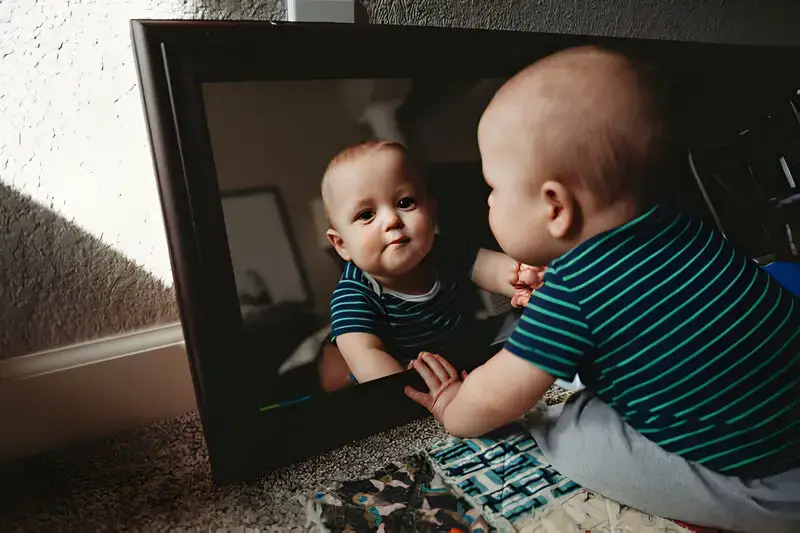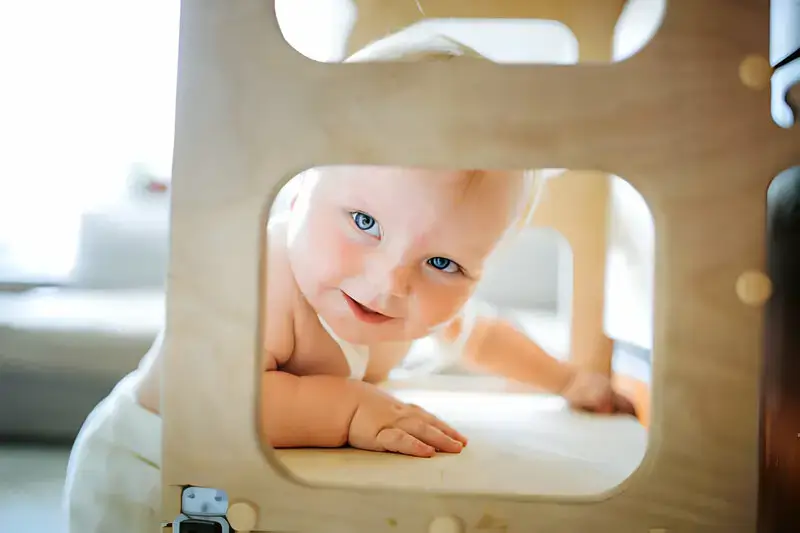What Toys Are Good for Toddlers’ Brain Development?

Toddlers' Brain Development
In the early stages of life, every interaction and experience plays a crucial role in shaping a child’s cognitive development. As toddlers explore the world around them, their brains constantly absorb information and form connections. Toys, in particular, serve as powerful tools for stimulating their growing minds.
However, not all toys are created equal when it comes to fostering optimal brain development. In this blog, we’ll explore the types of toys that are especially beneficial for toddlers’ brain development, highlighting the importance of engaging, interactive, and age-appropriate play experiences.
Understanding Toddlers’ Brain Development
Before delving into the specific types of toys, it’s essential to understand the key aspects of toddlers’ brain development. During the toddler years, rapid growth and development occur in various areas of the brain, including language, motor skills, social-emotional development, and cognitive abilities. The brain’s neural connections constantly form and strengthen through repeated experiences and interactions.
Toddlers are natural explorers, driven by curiosity and a desire to understand the world around them. They learn best through hands-on experiences that engage their senses and encourage active participation. Therefore, the toys they interact with play a vital role in supporting their cognitive growth and overall development.
Types of Toys for Toddlers’ Brain Development
- Open-ended Toys: Open-ended toys are those that can be used in multiple ways, allowing toddlers to engage in imaginative and creative play. Examples include building blocks, shape sorters, and play dough. These toys encourage problem-solving skills, spatial awareness, and critical thinking as toddlers experiment with different ways of playing and constructing.
- Puzzles: Simple puzzles with large, colorful pieces are excellent for toddlers’ brain development. Puzzles help improve hand-eye coordination, fine motor skills, and cognitive abilities such as pattern recognition and spatial reasoning. As toddlers manipulate puzzle pieces to fit together, they learn about cause and effect and develop persistence and patience.
- Books and Storytelling Props: Reading books together and using storytelling props such as puppets or stuffed animals are fantastic ways to support language development and stimulate toddlers’ imaginations. Exposing toddlers to a variety of books introduces them to new vocabulary, concepts, and narrative structures. Interactive storytelling also promotes social skills and emotional intelligence as toddlers engage in conversations and role-play scenarios.
- Musical Instruments: Musical toys such as drums, xylophones, and shakers provide toddlers with opportunities to explore rhythm, melody, and sound. Engaging in musical activities stimulates auditory processing skills, enhances coordination, and fosters self-expression. Additionally, music has been shown to have a positive impact on mood and emotional regulation in young children.
- Outdoor Play Equipment: Outdoor play is essential for toddlers’ overall development, including physical, cognitive, and emotional well-being. Toys such as swings, slides, and climbing structures encourage gross motor skills, balance, and spatial awareness. Outdoor play also promotes sensory exploration, risk-taking, and social interaction with peers, contributing to holistic brain development.
- Art Supplies: Crayons, markers, paint, and other art supplies offer toddlers opportunities for creative expression and fine motor skill development. Engaging in art activities supports hand-eye coordination, color recognition, and spatial awareness. Through art, toddlers learn to express their thoughts, feelings, and experiences, fostering emotional intelligence and self-confidence.
- Role-Playing Toys: Pretend play toys such as dolls, toy kitchen sets, and dress-up costumes allow toddlers to explore different roles and scenarios, promoting social and emotional development. Role-playing activities encourage language development, empathy, and perspective-taking as toddlers engage in storytelling and imaginative play. These toys also provide opportunities for problem-solving and cooperation as toddlers negotiate roles and navigate social interactions.
- Sensory Toys: Sensory experiences are integral to toddlers’ brain development, as they help build neural pathways and promote sensory integration. Toys that engage multiple senses, such as textured balls, squishy toys, and sensory bins filled with materials like sand or water, provide toddlers with rich sensory experiences. Sensory play supports cognitive skills such as exploration, observation, and experimentation while also promoting relaxation and stress relief.
The Importance of Adult Interaction

While toys play a significant role in toddlers’ brain development, it’s essential to recognize that adult interaction is equally crucial. Toddlers learn best through meaningful interactions with caregivers, who serve as responsive and supportive guides in their learning journey.
When playing with toys, caregivers can scaffold toddlers’ learning by asking open-ended questions, providing encouragement, and offering assistance when needed. Additionally, engaging in joint attention activities, such as pointing out objects or labeling sounds, helps toddlers make connections between their experiences and the world around them.
Conclusion
In conclusion, the toys that toddlers interact with play a vital role in supporting their brain development. By choosing toys that are engaging, interactive, and age-appropriate, caregivers can provide toddlers with valuable opportunities for learning and growth. Whether it’s building blocks that spark creativity, puzzles that enhance problem-solving skills, or musical instruments that stimulate sensory exploration, each toy offers unique benefits for toddlers’ cognitive, social, and emotional development.
Moreover, adult interaction and guidance further enrich toddlers’ play experiences, fostering deeper learning and meaningful connections. By investing in quality toys and nurturing supportive environments for play, caregivers can help unlock the full potential of toddlers’ developing brains.
Read Also
Top 10 Unblocked Games Premium: Get Your Game On in 2024
Everything You Need To Know About Kokoa TV
For more exciting news, visit: TimesInform










